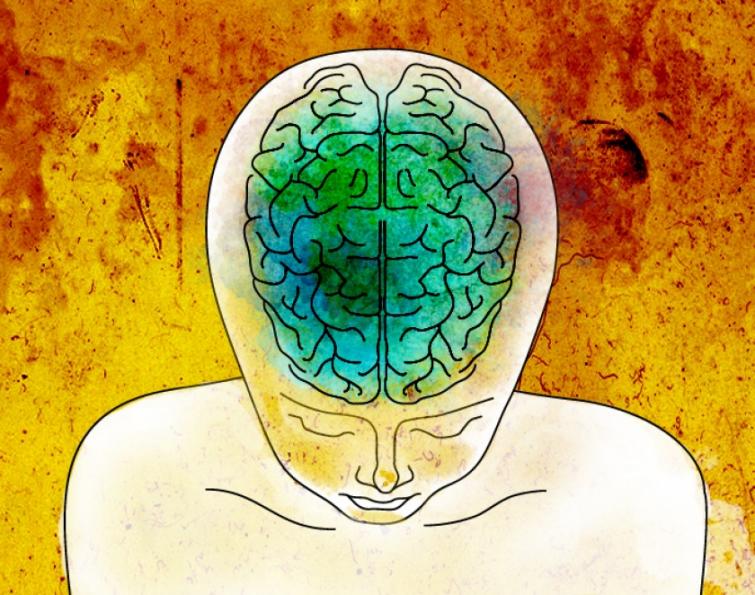
 science and society
science and society
Upcoming "Science and Society" seminar on October 25 on the ethics of neurotechnology
Over the past ten years, the development and use of neurotechnology in research and clinical medicine, as well as the new availability of neurotechnology techniques marketed for leisure and personal comfort, have gained considerable ground.
But this trend comes with extensive ethical baggage. The potential for both invasive and non-invasive intervention on our cognition, emotions, perception and behavior sets apart the ethical challenges involved in research on the brain from other biotechnologies.
During this conference and debate, led by Hervé Chneiweiss, three main points will be explored: the impact on the brain, the impact on people and the pace of their activity, and the impact on society. The need for enlightened democratic involvement and supervision to instill confidence will also be discussed. This event will provide an opportunity to set out various organizational and operational ethical principles that can guide well-informed usage and avoid the need for surveillance, while examining the measures that are needed to introduce this framework. It will be held on October 25 at 6pm in the François Jacob auditorium.
The seminar is organized jointly with Paris-Saclay University, with the support of the INCEPTION program and the Paris-Saclay Maison des Sciences de l'Homme (MSH).
Registration is required for organizational reasons – please contact François Bontems at francois.bontems@pasteur.fr.

Hervé Chneiweiss is a neurobiologist and neurologist and a Research Director at the CNRS. He directs the Neurosciences Paris Seine-IBPS laboratory (Inserm/CNRS/Sorbonne University). He is also Chairman of the Inserm Ethics Committee and a member of the UNESCO International Bioethics Committee.
He was a member of the Scientific Councils at OPESCT (2013-2016) and the CCNE (2013-2017).
He has published L'homme réparé (Plon 2012).